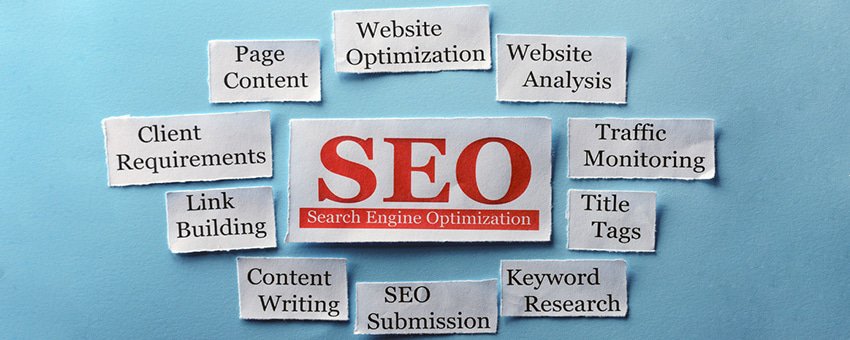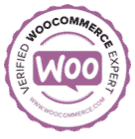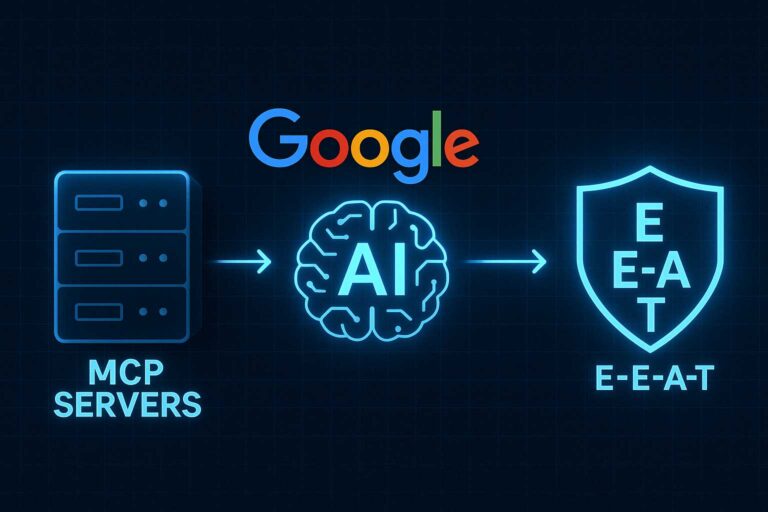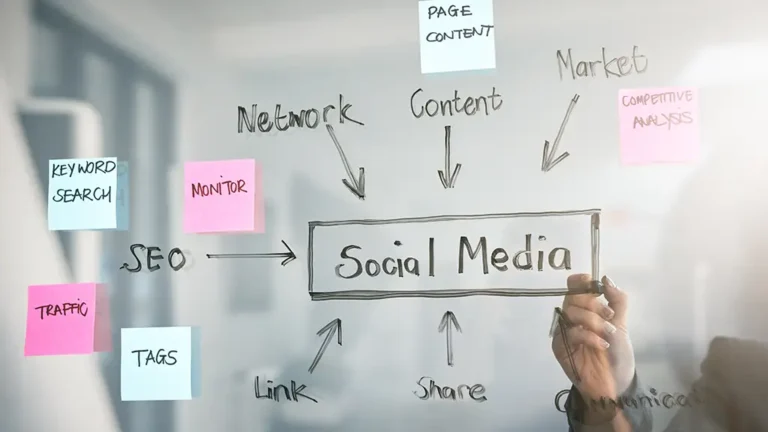6 Essential Technical SEO Tips for Your Business Blog
One of the most versatile marketing tools that you have available is your blog, especially if you follow our essential SEO Tips. It’s great for building your brand and growing an audience, but people don’t really realize how it can build traffic to your website. When running a website, organic traffic is one of your best assets, and if you can consistently develop it, you can always depend on new visitors reaching your site.
SEO Tips for Success
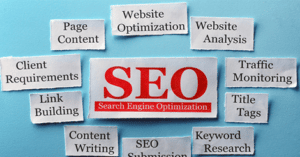 This blog post will explain some things that you should consider when using a blog to grow your organic search traffic.
This blog post will explain some things that you should consider when using a blog to grow your organic search traffic.
- Use 1-2 Relevant Keyword Throughout the Blog Post
Because you want the most qualified traffic to reach your blog, you need to conduct thorough research to find the most relevant keywords that can attract those visitors. Once you find those keywords, you will need to put them in important areas:
Title– The title should include the keyword, but not in an obvious way. Meaning, the title should read naturally because it’s written for both the reader and for the search engines.
Body– 1-2 relevant keywords should be sprinkled throughout the post. The introductory should include a keyword, and the remainder of the body needs your keywords to appear naturally. Avoid keyword stuffing because it’ll make the post hard to read for visitors, search engine algorithms are designed to reject that type of content.
URL– The URL can include the keyword if it accurately describes what the post is about. This is beneficial for Google and the audience.
- Optimize Your Images
Your blog posts shouldn’t be text-only. Not only do images inject life into posts, they offer another way for marketers to grow their SEO traffic. Here’s the thing: Google does not search for images, they care about the alt-text. Alt-text is the small box of description that you’ll see when you hover your cursor over the image. The alt-text explains to Google what the image is about. The alt-text should have a relevant keyword within it.
- Include a Sitemap
A sitemap gives Google a map of all your pages and posts, which will help to get your site indexed faster and better. If you have a WordPress blog, this is a very simple task if you use this plugin.
- Optimize Your Meta Description
A meta description is a snippet of text that sits under a title in a search engine result. The meta description should be enticing to readers and it should signal to Google that it is a relevant search result. For it to signal as a relevant search result, you should put a 1-2 keywords within it.
- Select the Proper Categories and Tags
A category determines the group of the content on your blog. Ensure that you don’t have too many categories, and ensure that you don’t have any duplicate ones.
- Use Canonical Tags
For the most part, you will want to avoid duplicate content as much as possible; Google has been known to punish sites for having identical posts or pages. However, there are times when you may need to have identical content on your site. If that’s the case, you need to use canonical tags. A canonical tag signals to Google what pages should be indexed. So, if you don’t want a duplicate page to get punished, use a canonical tag. This page has much more detail on using canonical tags.
Conclusion
A properly optimized blog post can be a source of traffic for years. Businesses are often single-minded with the way they think of their blog– some only focus on the brand and audience, others only care about the traffic aspect. The truth is that you can strike a balance to reap benefits from both sides.
Are you ready to discuss your next web project with the leader in website development and digital marketing? If so, contact Zen Agency today! We are a group of WordPress and WooCommerce experts.

